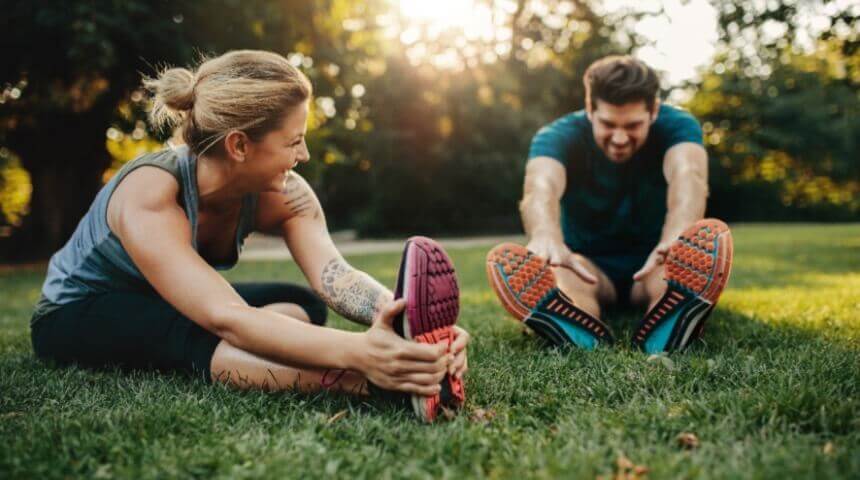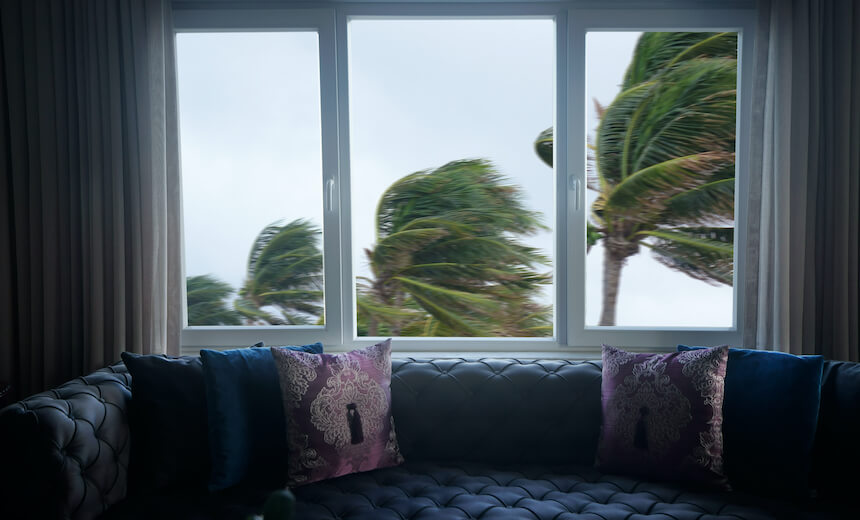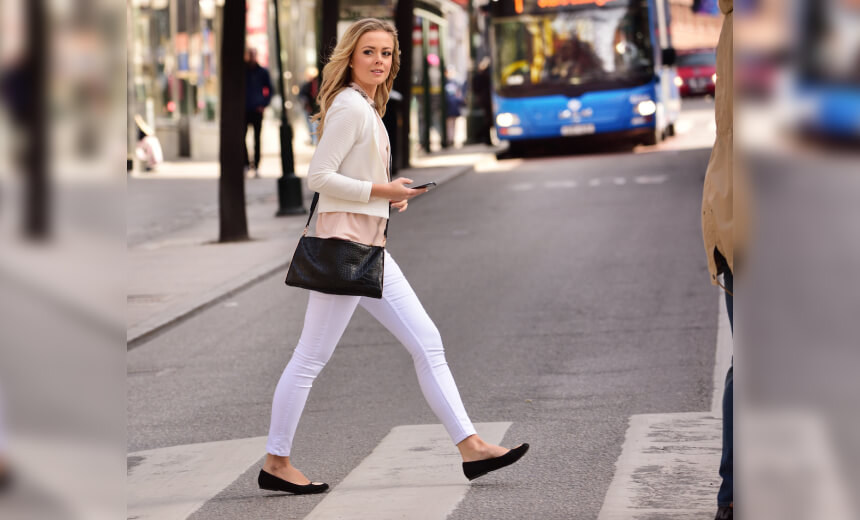Preventing falls should be a priority for any aging American, as well as their family and caregivers. Falls are the leading cause of fatal injury and the most common cause of nonfatal trauma-related hospital admissions among older adults, according to the Centers for Disease Control and Prevention (CDC). Most falls occur during everyday activities, such as walking or even just standing up. Fortunately, there are many ways you can decrease your risk of falling while still enjoying an active and enriching life.
Here are three important links between aging and falling:
1. Falls are a major threat to the health and independence of older adults.
Each year in the United States, nearly one-third of older adults experience a fall. About one out of 10 falls among older adults results in a serious injury, such as a hip fracture or head injury, and will usually require hospitalization. And Americans 75 years or older who fall are four to five times more likely to be admitted to a long-term care facility for a year or more.
The takeaway? It’s vital to take extra precautions against falls.
Of course, facing this increased risk of falling can be stressful at first. No one should have to constantly fear being injured. By being proactive and mindful, seniors can mitigate the threat. Consider working with your doctor or physical therapist to determine your risk of falling. Those who take preventive measures are more likely to maintain an independent and healthy way of life for longer.
2. Good balance is key to lowering your risk of falls.
One of the main contributing factors to falling is a decrease in balance. Although the days of mountain climbing and rollerblading may be in the past for some seniors, falls often happen simply by losing your balance while getting out of the bathtub or taking a stroll with the dog. Luckily, your sense of balance isn’t predetermined. There are many balance exercises you can do to improve your equilibrium.
It also is important to understand that balance depends on many factors. Yes, a sedentary lifestyle can compromise anyone’s sureness on their feet as balance requires good muscle strength and joint mobility. But balance also is strongly affected by vision, the vestibular system (the inner ear) and proprioception (kinaesthesia). Elderly Americans are prone to a variety of diseases that affect these systems, so it’s no surprise that their equilibrium and spatial orientation can start to slip.
If you have any conditions related to your eyes or inner ear, or have sensory impairment in your legs, talk to your doctor about what else you can do to improve your balance.
3. There are many common-sense measures for preventing falls.
While it’s not always possible to prevent a dizzy spell, you can take measures to prevent a fall in case you lose your balance or slip.
Here are a few practical tips to consider:
- Wear sensible shoes.
- Buy properly fitting shoes that offer support and non-skid soles.
- Avoid extra thick soles and shoes with heels.
- Choose lace-up shoes instead of slip-ons.
- Use elastic shoelaces or shoes with fabric fasteners if shoe tying is difficult.
- Remove home hazards.
- Keep walkways clear of clutter.
- Remove excess furniture near pathways leading from room to room.
- Secure loose rugs with slip-resistant backing or remove them.
- Use non-slip mats in the bathtub or shower.
- Light up your home.
- Use night lights in the bedroom, bathroom and hallway.
- Keep a lamp within reach of your bed .
- Be sure to turn lights on before going down hallways or up/down stairs.
- Store flashlights in easy-to-find places for power outages.
- Use assistive devices.
- Keep commonly used items (clothes, food, etc.) in easy-to-reach areas between shoulder and hip level.
- Use grab bars for the tub and shower.
- Get non-slip treads for bare-wood steps.
- Use a raised toilet seat with armrests.
Choose to Stay in Touch
Sign up to receive the latest health news and trends, wellness & prevention tips, and much more from Orlando Health.
Sign Up










